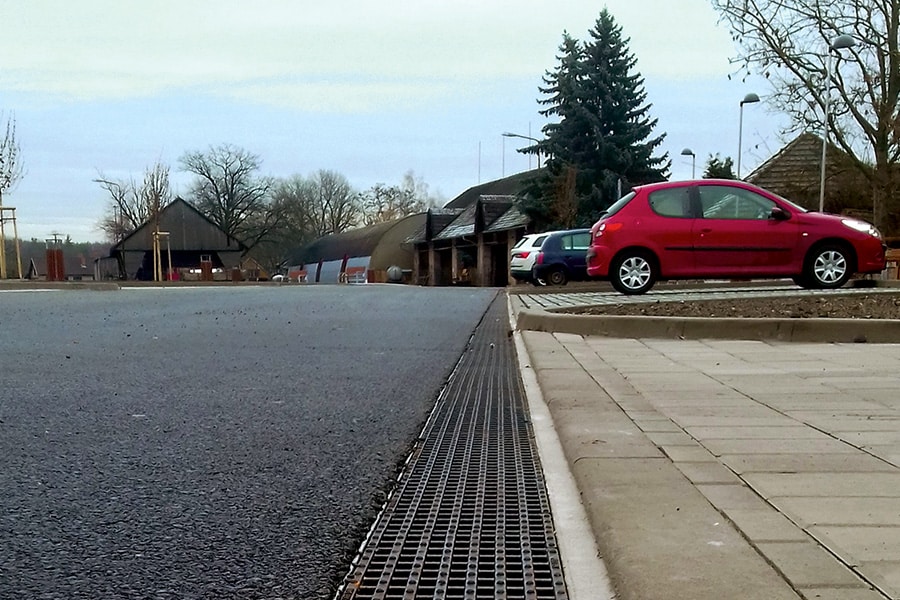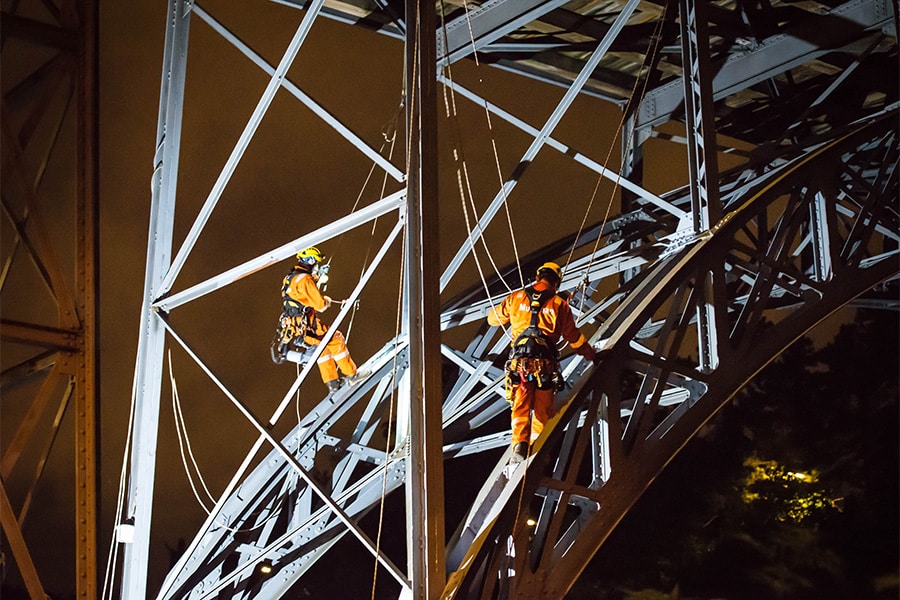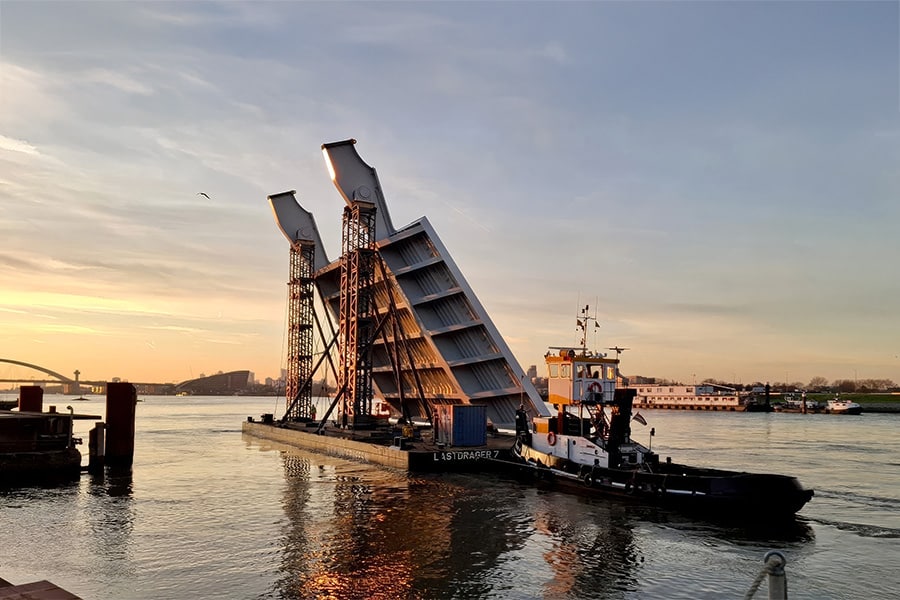
Geotechnical investigations in cities, fields and roads
Geotechnical investigations are soon required in the construction industry. Whether it's the installation of a traffic sign, the expansion of a residence or the construction of a tower block, the condition of the subsurface must be known. And once the plans are finalized, we like to have the geotechnical data quickly, too.
Geotechnical company Geosonda Netherlands specializes in soil drilling, probing and more specialized techniques. It has its headquarters in Alphen aan den Rijn, while its equipment is stationed at several locations throughout the country. The CPT units are located in Breda, Alphen aan den Rijn, Berkel en Rodenrijs and Oegstgeest. Thanks to its modern and extensive fleet of equipment, Geosonda is broadly deployable and knows how to fulfill its ambition of not saying 'no'.

The machines for any research
"For an investigation of the foundation under a small room, we have the small machines," says Aad van der Burg, director of Geosonda Netherlands. "We drive these in a disassembled state on a trolley inside and assemble them on the spot. But we also have these huge CPT units with forces of up to 20,000 kg." Of particular note in all this is the intermediate-size crawler. Until recently, Geosonda was the sole owner of this machine. As the name suggests, it is larger than the mini caterpillar and smaller than the maxi. That makes it suitable for somewhat narrower roadsides, ornamental paving and small borders around houses. "So we are really equipped for surveys of any size," he says.

Flexible and knowledgeable
In addition to its extensive equipment, Geosonda is flexible. With a team of thirty-two well-trained professionals, all requests are scheduled within four weeks. "Most of this team works outside," says Van der Burg, "The others take care of preparing the surveys and working out the data."
The results of soundings, borings and samples are worked out the day after the survey, after which the client receives the report in an xml or gef-file. "The xml file is suitable for national databases such as BRO," says Van der Burg, "The gef file connects to computational programs."

Enthusiastic and enthusiastic
"People who choose geotechnical engineering are actually always enthusiastic about their work," Van der Burg, meanwhile, knows. "They lay the foundation for structures and get everywhere. One time they are in the middle of town for a bearing capacity calculation.
Other times they work in a vast landscape to calculate the settlement for a new housing development or the stability of
an embankment. That makes the work responsible, varied and challenging. But that enthusiasm also means profit for our customers. Our people like to go the extra mile."




